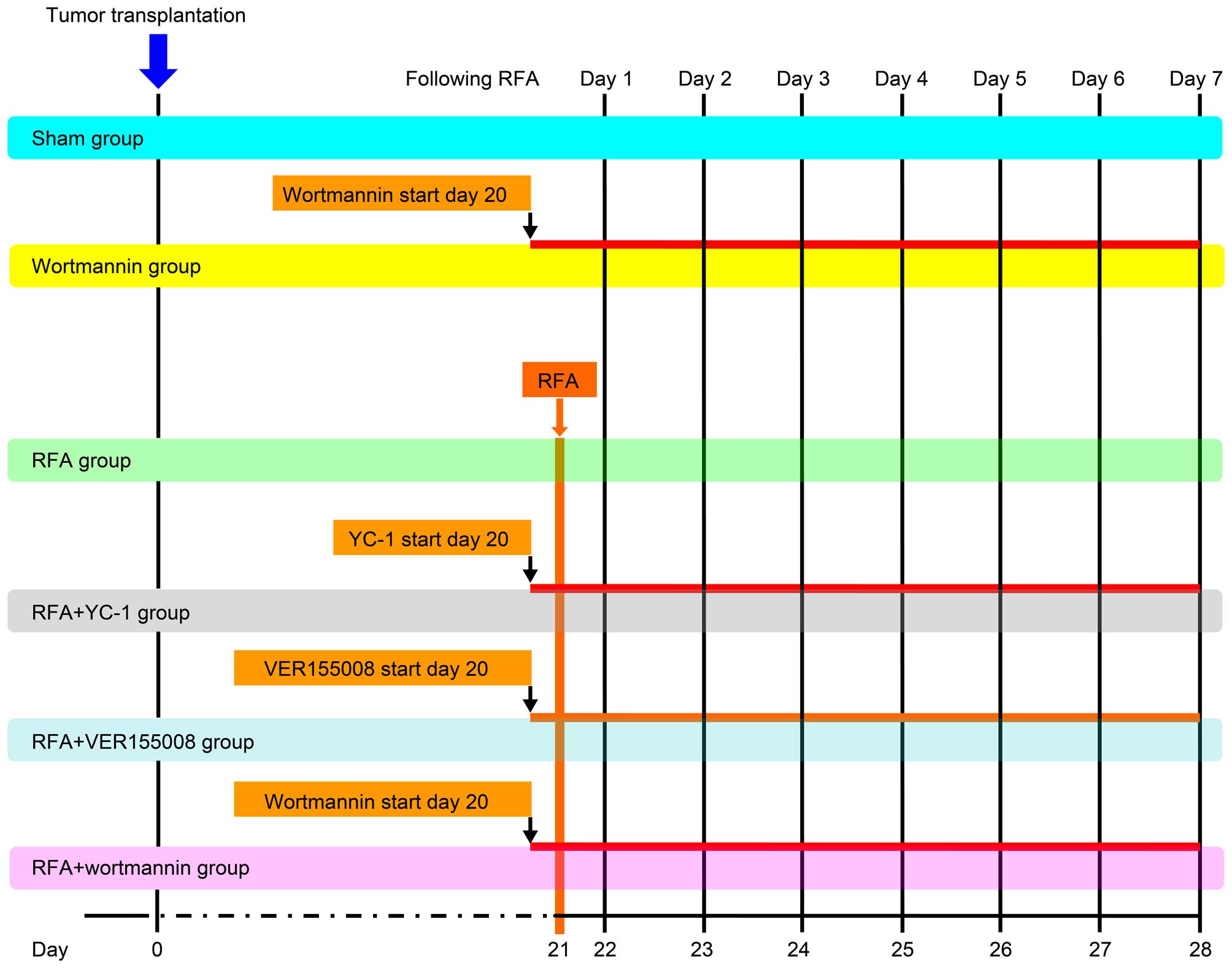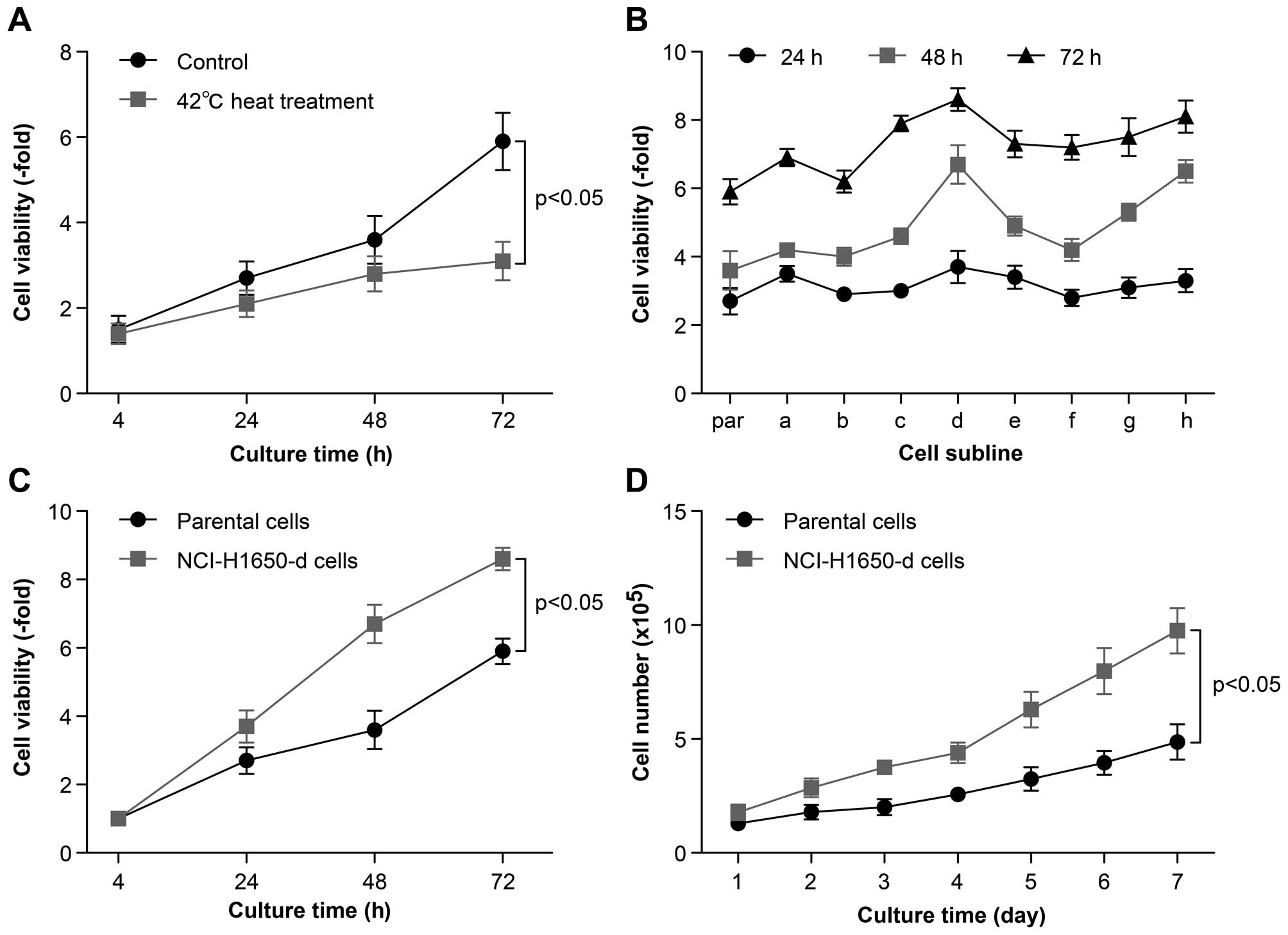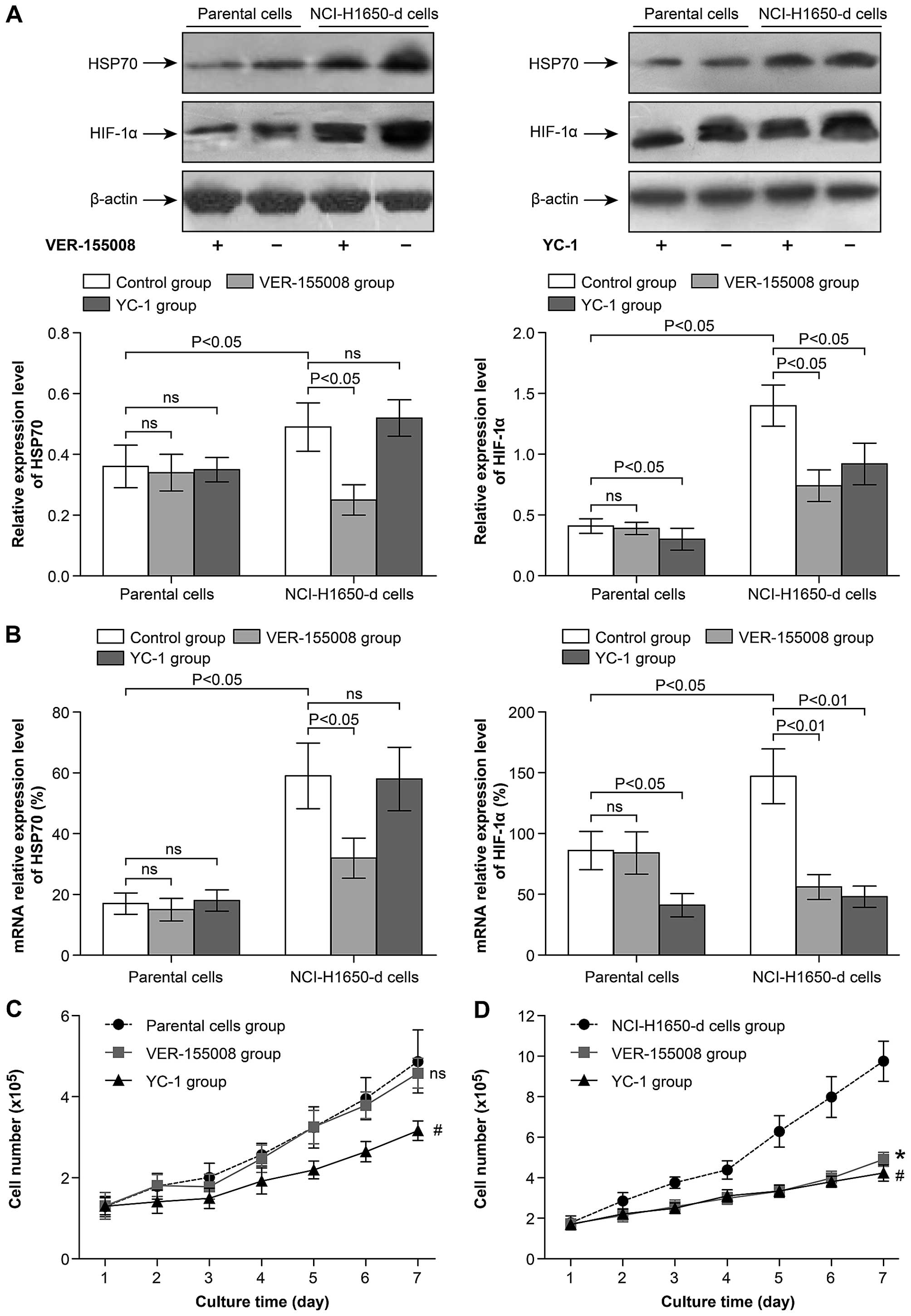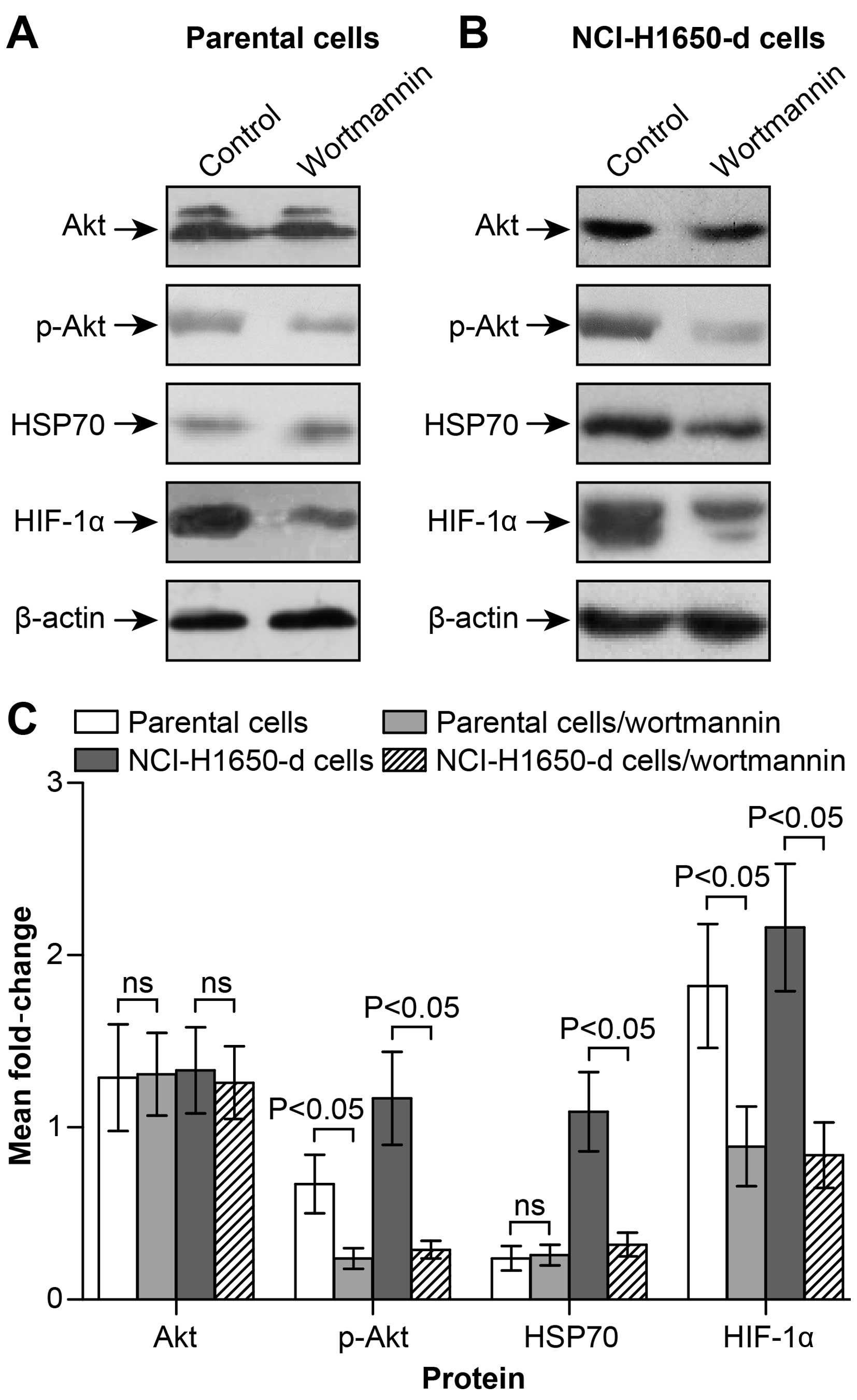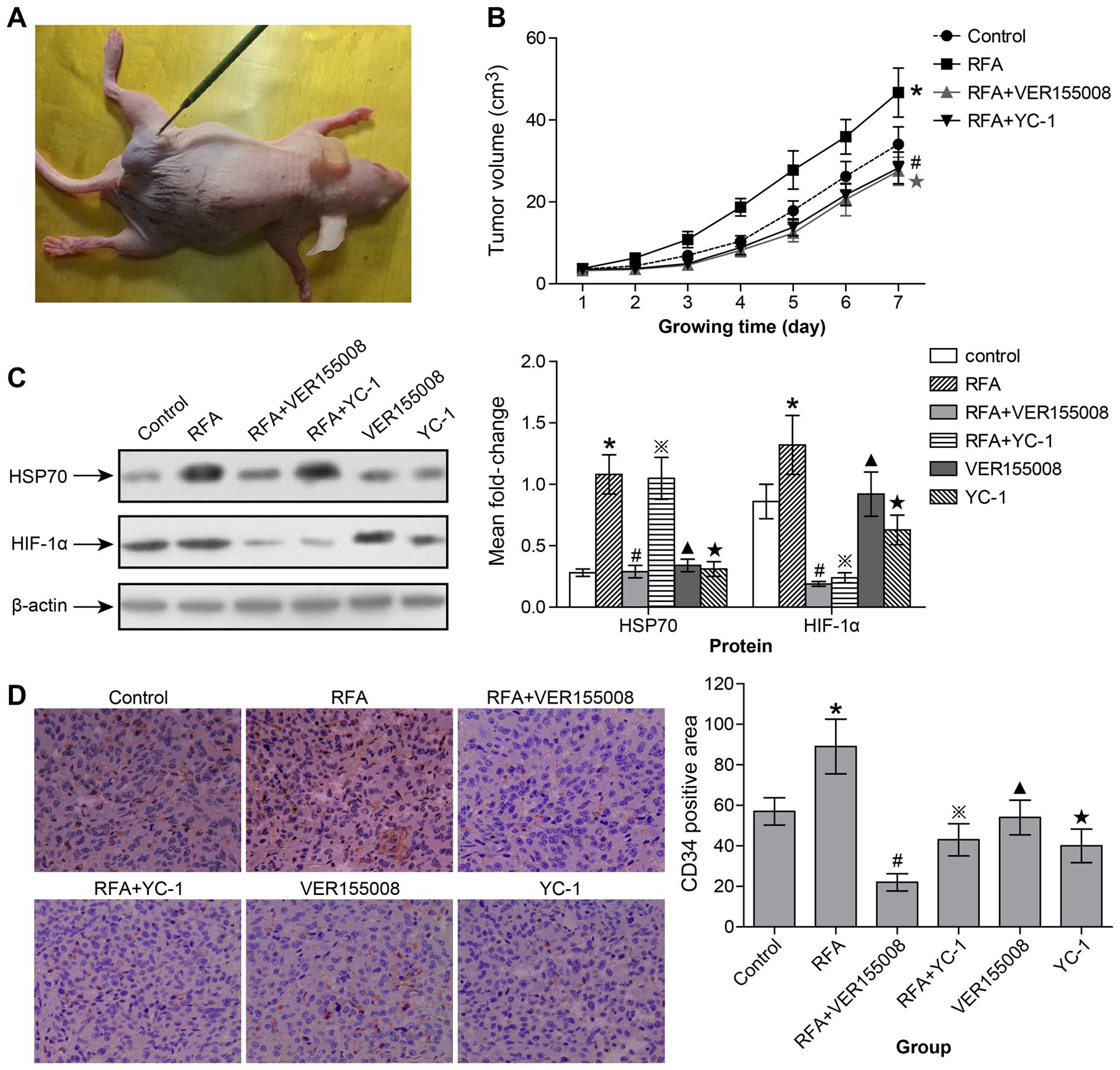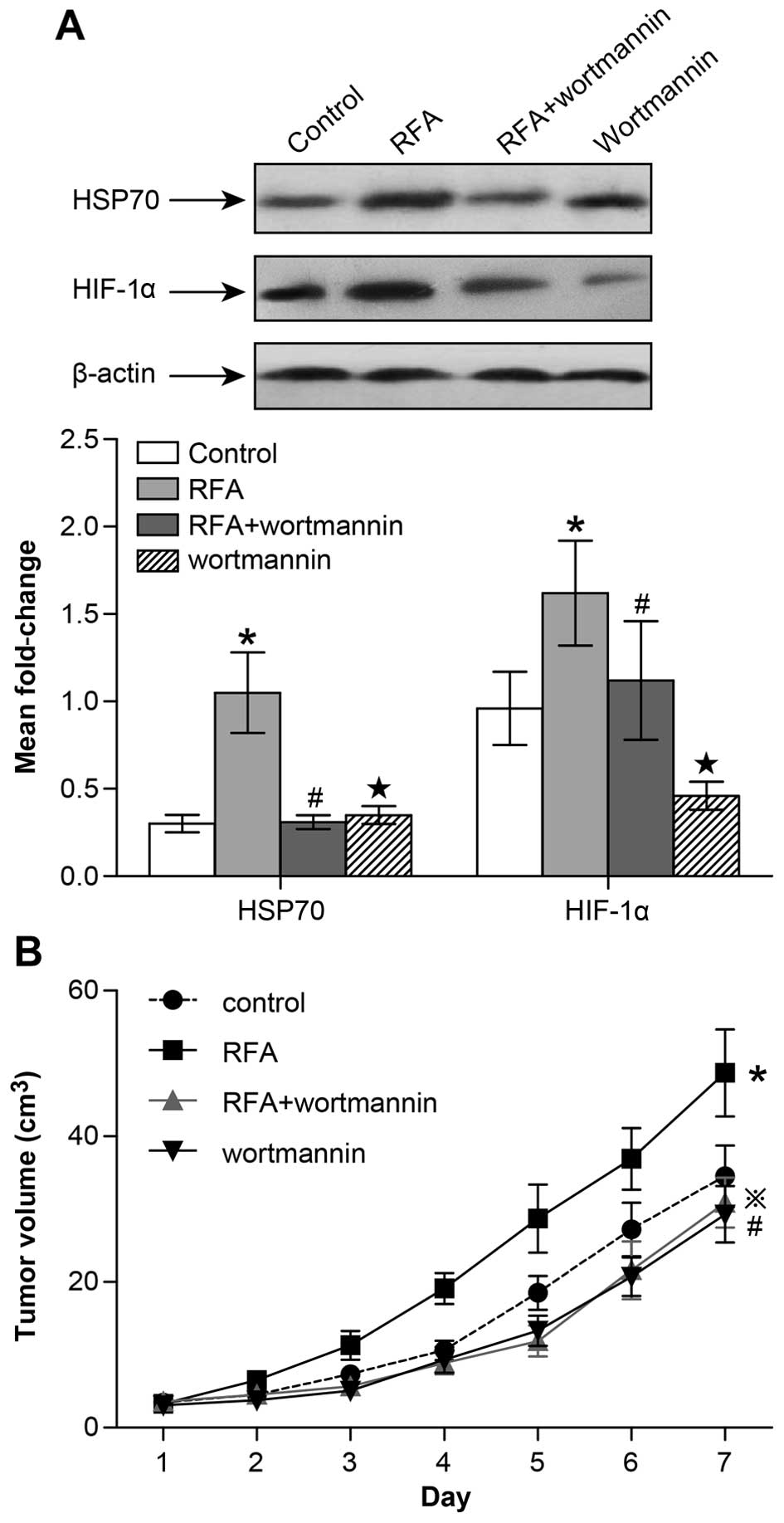|
1
|
Ferlay J, Shin HR, Bray F, Forman D,
Mathers C and Parkin DM: Estimates of worldwide burden of cancer in
2008: GLOBOCAN 2008. Int J Cancer. 127:2893–2917. 2010. View Article : Google Scholar
|
|
2
|
Chen WQ, Zhang SW, Zou XN and Zhao P: An
analysis of lung cancer mortality in China, 2004–2005. Zhonghua Yu
Fang Yi Xue Za Zhi. 44:378–382. 2010.In Chinese. PubMed/NCBI
|
|
3
|
Chen W, Zhang S and Zou X: Estimation and
projection of lung cancer incidence and mortality in China.
Zhongguo Fei Ai Za Zhi. 13:488–493. 2010.In Chinese. PubMed/NCBI
|
|
4
|
Mohammed TL, Chowdhry A, Reddy GP, Amorosa
JK, Brown K, Dyer DS, Ginsburg ME, Heitkamp DE, Jeudy J, Kirsch J,
et al: Expert Panel on Thoracic Imaging: ACR appropriateness
criteria® screening for pulmonary metastases. J Thorac
Imaging. 26:W1–W3. 2011. View Article : Google Scholar : PubMed/NCBI
|
|
5
|
Varela G and Thomas PA: Surgical
management of advanced non-small cell lung cancer. J Thorac Dis.
6(Suppl 2): S217–S223. 2014.PubMed/NCBI
|
|
6
|
Schreiner W, Semrau S, Fietkau R and Sirbu
H: Oligometastatic non-small cell lung cancer - surgical options
and therapy strategies. Zentralbl Chir. 139:335–341. 2014.In
German. PubMed/NCBI
|
|
7
|
Baisi A, De Simone M, Raveglia F and
Cioffi U: Thermal ablation in the treatment of lung cancer: Present
and future. Eur J Cardiothorac Surg. 43:683–686. 2013. View Article : Google Scholar
|
|
8
|
de Baere T, Farouil G and Deschamps F:
Lung cancer ablation: What is the evidence? Semin Intervent Radiol.
30:151–156. 2013. View Article : Google Scholar :
|
|
9
|
Goldberg SN, Gazelle GS, Compton CC and
McLoud TC: Radiofrequency tissue ablation in the rabbit lung:
efficacy and complications. Acad Radiol. 2:776–784. 1995.
View Article : Google Scholar : PubMed/NCBI
|
|
10
|
Ahmad A, Chen SL, Kavanagh MA, Allegra DP
and Bilchik AJ: Radiofrequency ablation of hepatic metastases from
colorectal cancer: Are newer generation probes better? Am Surg.
72:875–879. 2006.PubMed/NCBI
|
|
11
|
Shah DR, Green S, Elliot A, McGahan JP and
Khatri VP: Current oncologic applications of radiofrequency
ablation therapies. World J Gastrointest Oncol. 5:71–80. 2013.
View Article : Google Scholar : PubMed/NCBI
|
|
12
|
Lanuti M, Sharma A, Willers H, Digumarthy
SR, Mathisen DJ and Shepard JA: Radiofrequency ablation for stage I
non-small cell lung cancer: Management of locoregional recurrence.
Ann Thorac Surg. 93:921–988. 2012. View Article : Google Scholar : PubMed/NCBI
|
|
13
|
Zavaglia C, Corso R, Rampoldi A, Vinci M,
Belli LS, Vangeli M, Solcia M, Castoldi C, Prisco C, Vanzulli A, et
al: Is percutaneous radiofrequency thermal ablation of
hepatocellular carcinoma a safe procedure? Eur J Gastroenterol
Hepatol. 20:196–201. 2008. View Article : Google Scholar : PubMed/NCBI
|
|
14
|
Ke S, Ding XM, Kong J, Gao J, Wang SH,
Cheng Y and Sun WB: Low temperature of radiofrequency ablation at
the target sites can facilitate rapid progression of residual
hepatic VX2 carcinoma. J Transl Med. 8:732010. View Article : Google Scholar : PubMed/NCBI
|
|
15
|
Seeber LM, Horrée N, Vooijs MA, Heintz AP,
van der Wall E, Verheijen RH and van Diest PJ: The role of hypoxia
inducible factor-1alpha in gynecological cancer. Crit Rev Oncol
Hematol. 78:173–184. 2011. View Article : Google Scholar
|
|
16
|
Wan J, Ma J, Mei J and Shan G: The effects
of HIF-1alpha on gene expression profiles of NCI-H446 human small
cell lung cancer cells. J Exp Clin Cancer Res. 28:1502009.
View Article : Google Scholar : PubMed/NCBI
|
|
17
|
Wan J, Chai H, Yu Z, Ge W, Kang N, Xia W
and Che Y: HIF-1α effects on angiogenic potential in human small
cell lung carcinoma. J Exp Clin Cancer Res. 30:772011. View Article : Google Scholar
|
|
18
|
Son WY, Han CT, Hwang SH, Lee JH, Kim S
and Kim YC: Repression of hspA2 messenger RNA in human testes with
abnormal spermatogenesis. Fertil Steril. 73:1138–1144. 2000.
View Article : Google Scholar : PubMed/NCBI
|
|
19
|
Huang WJ, Xia LM, Zhu F, Huang B, Zhou C,
Zhu HF, Wang B, Chen B, Lei P, Shen GX, et al: Transcriptional
upregulation of HSP70-2 by HIF-1 in cancer cells in response to
hypoxia. Int J Cancer. 124:298–305. 2009. View Article : Google Scholar
|
|
20
|
Tikhonova NS, Moskaleva OS, Margulis BA
and Guzhova IV: Molecular chaperone HSP70 protects neuroblastoma
SK-N-SH cells from hypoxic stress. Tsitologiia. 50:467–472. 2008.In
Russian.
|
|
21
|
Yeh CH, Hsu SP, Yang CC, Chien CT and Wang
NP: Hypoxic preconditioning reinforces HIF-alpha-dependent HSP70
signaling to reduce ischemic renal failure-induced renal tubular
apoptosis and autophagy. Life Sci. 86:115–123. 2010. View Article : Google Scholar
|
|
22
|
Li B, Wang Z, Zhong Y, Lan J, Li X and Lin
H: CCR9-CCL25 interaction suppresses apoptosis of lung cancer cells
by activating the pI3K/Akt pathway. Med oncol. 32:662015.
View Article : Google Scholar : PubMed/NCBI
|
|
23
|
Wen W, Liu W, Shao Y and Chen L:
VER-155008, a small molecule inhibitor of HSP70 with potent
anti-cancer activity on lung cancer cell lines. Exp Biol Med.
239:638–645. 2014. View Article : Google Scholar
|
|
24
|
Na JI, Na JY, Choi WY, Lee MC, Park MS,
Choi KH, Lee JK, Kim KT, Park JT and Kim HS: The HIF-1 inhibitor
YC-1 decreases reactive astrocyte formation in a rodent ischemia
model. Am J Transl Res. 7:751–760. 2015.PubMed/NCBI
|
|
25
|
Kong J, Kong J, Pan B, Ke S, Dong S, Li X,
Zhou A, Zheng L and Sun WB: Insufficient radiofrequency ablation
promotes angiogenesis of residual hepatocellular carcinoma via
HIF-1α/VEGFA. PLoS One. 7:e372662012. View Article : Google Scholar
|
|
26
|
Xu M, Xie XH, Xie XY, Xu ZF, Liu GJ, Zheng
YL, Huang GL, Wang W, Zheng SG and Lü MD: Sorafenib suppresses the
rapid progress of hepatocellular carcinoma after insufficient
radiofrequency ablation therapy: An experiment in vivo. Acta
Radiol. 54:199–204. 2013. View Article : Google Scholar
|
|
27
|
Beland MD, Wasser EJ, Mayo-Smith WW and
Dupuy DE: Primary non-small cell lung cancer: Review of frequency,
location, and time of recurrence after radiofrequency ablation.
Radiology. 254:301–307. 2010. View Article : Google Scholar
|
|
28
|
Baisi A, Raveglia F, De Simone M and
Cioffi U: Palliative role of percutaneous radiofrequency ablation
for severe hemoptysis in an elderly patient with inoperable lung
cancer. J Thorac Cardiovasc Surg. 140:1196–1197. 2010. View Article : Google Scholar : PubMed/NCBI
|
|
29
|
Pennathur A, Luketich JD, Abbas G, Chen M,
Fernando HC, Gooding WE, Schuchert MJ, Gilbert S, Christie NA and
Landreneau RJ: Radiofrequency ablation for the treatment of stage I
non-small cell lung cancer in high-risk patients. J Thorac
Cardiovasc Surg. 134:857–864. 2007. View Article : Google Scholar : PubMed/NCBI
|
|
30
|
Kashima M, Yamakado K, Takaki H, Kodama H,
Yamada T, Uraki J and Nakatsuka A: Complications after 1000 lung
radio-frequency ablation sessions in 420 patients: A single
center's experiences. AJR Am J Roentgenol. 197:W576–W580. 2011.
View Article : Google Scholar : PubMed/NCBI
|
|
31
|
Giraud P, Antoine M, Larrouy A, Milleron
B, Callard P, De Rycke Y, Carette MF, Rosenwald JC, Cosset JM,
Housset M, et al: Evaluation of microscopic tumor extension in
non-small-cell lung cancer for three-dimensional conformal
radiotherapy planning. Int J Radiat Oncol Biol Phys. 48:1015–1024.
2000. View Article : Google Scholar : PubMed/NCBI
|
|
32
|
Abbas G, Schuchert MJ, Pennathur A,
Gilbert S and Luketich JD: Ablative treatments for lung tumors:
Radiofrequency ablation, stereotactic radiosurgery, and microwave
ablation. Thorac Surg Clin. 17:261–271. 2007. View Article : Google Scholar : PubMed/NCBI
|
|
33
|
Obara K, Matsumoto N, Okamoto M, Kobayashi
M, Ikeda H, Takahashi H, Katakura Y, Matsunaga K, Ishii T, Okuse C,
et al: Insufficient radiofrequency ablation therapy may induce
further malignant transformation of hepatocellular carcinoma.
Hepatol Int. 2:116–123. 2008. View Article : Google Scholar : PubMed/NCBI
|
|
34
|
Seeber LM, Horrée N, van der Groep P, van
der Wall E, Verheijen RH and van Diest PJ: Necrosis related
HIF-1alpha expression predicts prognosis in patients with
endometrioid endometrial carcinoma. BMC Cancer. 10:3072010.
View Article : Google Scholar : PubMed/NCBI
|
|
35
|
Zhao X, Gao S, Ren H, Sun W, Zhang H, Sun
J, Yang S and Hao J: Hypoxia-inducible factor-1 promotes pancreatic
ductal adenocarcinoma invasion and metastasis by activating
transcription of the actin-bundling protein fascin. Cancer Res.
74:2455–2464. 2014. View Article : Google Scholar : PubMed/NCBI
|
|
36
|
Bhardwaj N, Dormer J, Ahmad F, Strickland
AD, Gravante G, Beckingham I, West K, Dennison AR and Lloyd DM:
Heat shock protein 70 expression following hepatic radiofrequency
ablation is affected by adjacent vasculature. J Surg Res.
173:249–257. 2012. View Article : Google Scholar
|
|
37
|
Kroeze SG, van Melick HH, Nijkamp MW,
Kruse FK, Kruijssen LW, van Diest PJ, Bosch JL and Jans JJ:
Incomplete thermal ablation stimulates proliferation of residual
renal carcinoma cells in a translational murine model. BJU Int.
110:E281–E286. 2012. View Article : Google Scholar : PubMed/NCBI
|
|
38
|
Kim EK, Park JD, Shim SY, Kim HS, Kim BI,
Choi JH and Kim JE: Effect of chronic hypoxia on proliferation,
apoptosis, and HSP70 expression in mouse bronchiolar epithelial
cells. Physiol Res. 55:405–411. 2006.
|
|
39
|
Zhou J, Schmid T, Frank R and Brüne B:
PI3K/Akt is required for heat shock proteins to protect
hypoxia-inducible factor 1alpha from pVHL-independent degradation.
J Biol Chem. 279:13506–13513. 2004. View Article : Google Scholar : PubMed/NCBI
|















